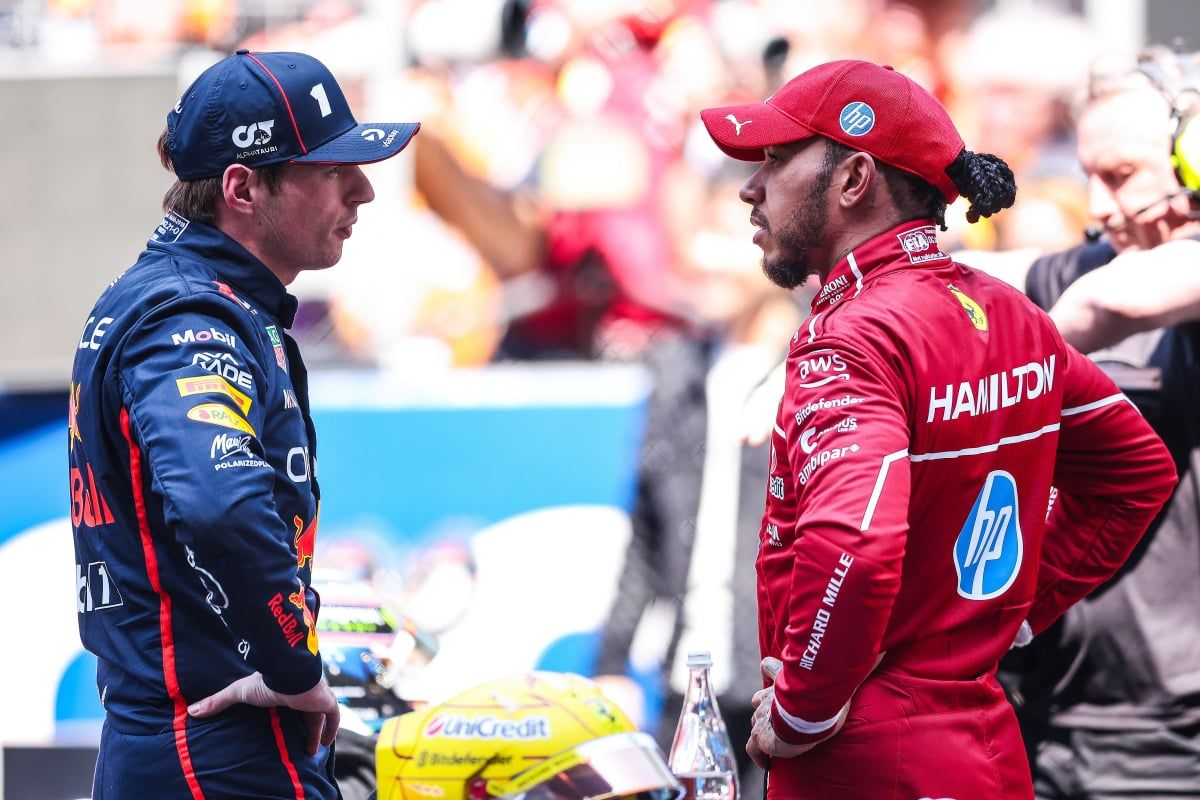McLaren F1 protest verdict issued over B… read more
The British Grand Prix, a spectacle of speed and skill on the Silverstone circuit, concluded with a significant controversy involving McLaren F1 driver Oscar Piastri. The 24-year-old Australian, who had initially secured the lead from championship leader Max Verstappen on lap eight, found himself on the receiving end of a 10-second time penalty and two additional penalty points, effectively jeopardizing his chances of victory. The incident, occurring on lap 21, involved Piastri’s unexpected braking maneuver from a high speed of 218 km/h to a sudden stop at 52 km/h, forcing Verstappen into evasive action. The subsequent penalty, while substantial, leaves Piastri, and indeed the McLaren team, with a decision to make: should they challenge the stewards’ verdict? Piastri, however, has ruled against a formal protest.
The incident unfolded amidst a series of safety car periods. The initial safety car deployment stemmed from adverse weather conditions, while the second was triggered by a collision between Racing Bulls driver Isack Hadjar and Kimi Antonelli of Mercedes. The restart, coinciding with the re-emergence of racing conditions, witnessed a crucial moment when, according to team radio transmissions and subsequent interviews, Piastri’s unexpected braking caused noticeable and significant disruption to the field. Verstappen’s immediate and forceful response, as heard on team radio, exemplified the immediate impact of Piastri’s action.
The subsequent penalty, which significantly impacted Piastri’s race strategy and ultimately diminished his chances of victory, prompted a strong emotional reaction from the driver. Piastri’s demeanor throughout the remainder of the race, as witnessed in the cooldown room, on the podium, and during the post-race press conference, clearly indicated a sense of frustration and disappointment. His visibly agitated demeanor, a marked contrast to the usually composed and collected image associated with his racing persona, further underscored the depth of his dissatisfaction.
During the FIA media event, Piastri, alongside his fellow McLaren driver Lando Norris and podium finisher Nico Hulkenberg, was directly questioned about the possibility of a protest. The Australian’s response was unequivocally clear: “I don’t know. I don’t think it’s worth doing at the moment. I’m not sure it’s going to be very constructive in all honesty. I don’t know. But I don’t really care at the moment.” This statement, delivered with a lack of conviction and a clear sense of apathy, ultimately reflected a decision against lodging a formal protest.
Piastri’s reasoning behind declining to challenge the penalty touches upon a pragmatic assessment of the situation. The potential costs and benefits of pursuing a formal protest likely weighed heavily in his decision. A formal protest would undoubtedly incur significant time, resources, and potentially further damage to the team’s reputation if the protest were unsuccessful. Moreover, a protracted process may have further exacerbated the emotional strain he was already experiencing. The potential for negative media attention and the possibility of further penalties, should the protest fail, were likely dissuading factors.
The statement also reveals a candid admission of the emotional toll the incident took on Piastri. He acknowledged the stinging disappointment of not achieving the desired result. “It obviously hurts at the moment. It’s a different hurt though because I know I deserved a lot more than what I got today. I felt like I drove a really strong race.” This poignant expression highlights the intense nature of competition and the inherent psychological pressure within Formula 1. Ultimately, failing to attain the outcome aligned with his performance, particularly when circumstances beyond his control contributed to the outcome, undoubtedly resulted in profound hurt.
This decisive choice to not pursue a formal protest against the penalty highlights a strategic approach to handling a challenging situation. While the outcome of the British Grand Prix did not meet Piastri’s expectations, the decision against a formal protest likely aimed to minimize further disruption and maximize the potential for a swift return to form. His emphasis on the disappointment being “a different hurt,” one stemming from the feeling that his performance warranted a better outcome, paints a picture of a driver acutely aware of his own abilities and the weight of pressure in the high-stakes world of Formula 1 racing.
Ultimately, Piastri’s conclusion reflects a pragmatic, if not somewhat subdued, understanding of the nature of motorsport: “Ultimately, when you don’t get the result you think you deserve, it hurts, especially when it’s not in your control.” This poignant statement encapsulates the reality of racing, where the interplay of skill, strategy, and external factors can lead to outcomes that may not always align with individual expectations. While Piastri’s performance during the British Grand Prix suggests strong potential, the incident serves as a reminder of the unpredictable nature of this high-octane sport.




